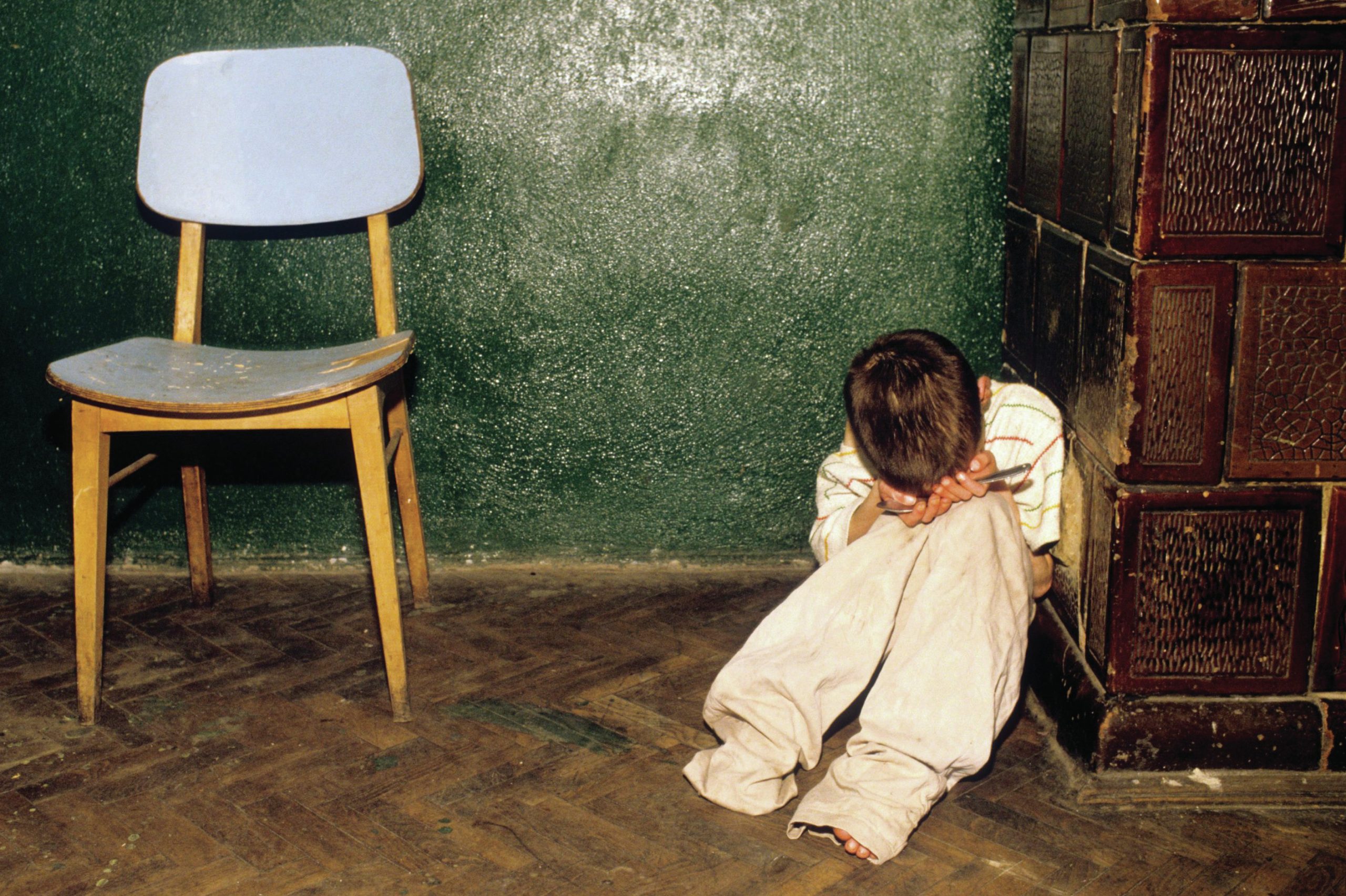
During the middle of the twentieth century, there were numerous reports of the poor psychological and social functioning of children being brought up in institutions. Psychological deprivation means features such as lack of talk, play activities or interaction with others.
The research findings, however, were difficult to interpret. Many of the children had been admitted to the institutions after the infancy period. There were therefore uncertainties about the extent to which the later problems reflected issues already present before admission to the institution rather than experiences inside the institution. On the other hand, the very few studies that followed the children after a change in environment showed that when rearing circumstances changed there were also alterations in psychological functioning.
Your organisation does not have access to this article.
Sign up today to give your students the edge they need to achieve their best grades with subject expertise
Subscribe




